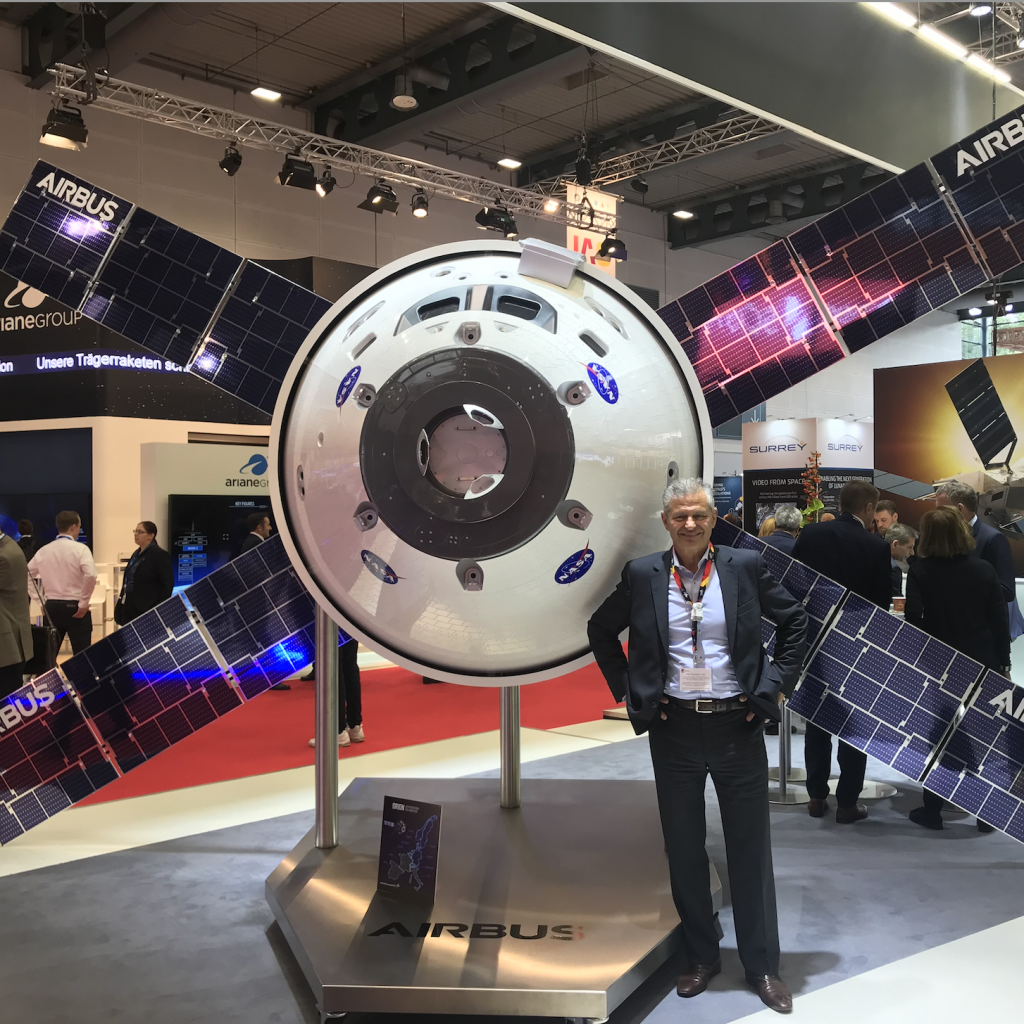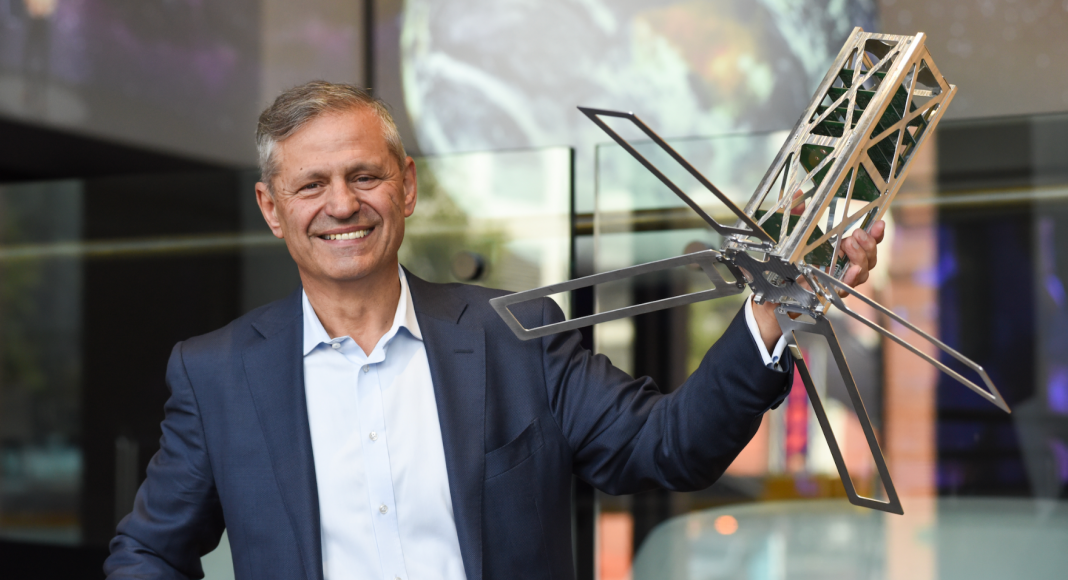South Australia has its eyes firmly locked on space as it prepares to launch its first, locally manufactured small satellite into ‘low-Earth’ orbit in 2022.
“Isn’t that cool? How good is that?” says Adelaide-based SmartSat Cooperative Centre (CRC) CEO and Managing Director, Professor Andy Koronios, who leads the $6.5 million mission in partnership with local satellite manufacturing firm Inovor Technologies and space data company Myriota.
“Some years ago, we would think that only big governments like the US, China or Russia would be able to do things like this, but technology has come a long way,” Professor Koronios tells The Greek Herald explaining that “the smart watches we wear have a lot more processing power than the computers that guided the Apollo missions to the moon.”
“Our satellite, called SASAT1 -which means SA’s first satellite- will not be bigger than a cereal box but it’s going to be highly impactful and the beautiful thing about it is that it is manufactured in South Australia,” he says.
Although headquartered in South Australia the CRC is a $245 million national program involving some of the top universities in the country and internationally as well as the Commonwealth Scientific and Industrial Research Organisation (CSIRO) and Defence Science and Technology (DST).
“We want to develop new generation satellite technologies to help the country secure its defence, telecommunications and monitoring technologies for the future. I really have a burning ambition to get satellites to serve humanity,” says Koronios confessing that he inherited his tenacity and passion to succeed from his ‘Yiayia’ (Greek grandma).

A will to give back to Greece
One of five siblings Koronios was born and bred in Sparta, south-eastern Peloponnese. At the age of two, his parents left him to seek employment in Athens but never returned.
“I was raised by my grandmother and she always used to tell me that I need to become someone better than average. This to me has been my compass,” he says.

In the early 1970s and after his grandmother had passed, he came to Australia aboard the Patris with no word of English but an unstoppable ambition to work hard and build a better future.
“I did nothing more than all the Greek migrants who tried hard and persisted to do better,” says the Spartan, encouraging young people to pursue STEM as a career path.
“Anyone can be involved in the space industry or in STEM. Have the willingness to really work and be persistent. I came from a little village in Greece and leading a group of people in this area was the last thing I ever dreamed of.”
“I have a passion for helping Greece in some way. I am particularly interested to get Greek start-ups to become global partners in the field and benefit from space technologies.”
Professor Koronios says he is working systematically towards this goal and is currently in contact with the Greek Embassy in Australia, the Hellenic Initiative, the Mayor of Sparta and Chairman of the International Chamber of Commerce of Greece (ICC) as well as the University of Patra in order to offer some scholarships to PhD students.
“Giving back to Greece is a priority for me. I want to do something for my home country,” concludes the Greek Australian Professor.

